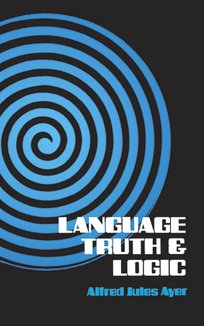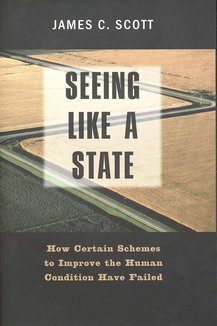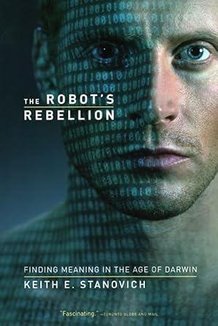Recommended Books

Language, Truth and Logic (Dover Books on Western Philosophy)
Authors:
Alfred J. Ayer
,
Sir Alfred Jules Ayer
ISBN 13:
978-0486200101
"A delightful book … I should like to have written it myself." — Bertrand Russell First published in 1936, this first full-length presentation in English of the Logical Positivism of Carnap, Neurath, and others has gone through many printings to become a classic of thought and communication. It not only surveys one of the most important areas of modern thought; it also shows the confusion that arises from imperfect understanding of the uses of language. A first-rate antidote for fuzzy thought and muddled writing, this remarkable book has helped philosophers, writers, speakers, teachers, students, and general readers alike. Mr. Ayers sets up specific tests by which you can easily evaluate statements of ideas. You will also learn how to distinguish ideas that cannot be verified by experience — those expressing religious, moral, or aesthetic experience, those expounding theological or metaphysical doctrine, and those dealing with a priori truth. The basic thesis of this work is that philosophy should not squander its energies upon the unknowable, but should perform its proper function in criticism and analysis.

Seeing like a State: How Certain Schemes to Improve the Human Condition Have Failed
Author:
James C. Scott
ISBN 13:
978-0300078152
“Illuminating and beautifully written, this book calls into sharp relief the nature of the world we now inhabit.”— New Yorker “A magisterial critique of top-down social planning.”—Jennifer Schuessler, New York Times “One of the most profound and illuminating studies of this century to have been published in recent decades.”—John Gray, New York Times Book Review Compulsory ujamaa villages in Tanzania, collectivization in Russia, Le Corbusier’s urban planning theory realized in Brasília, the Great Leap Forward in China, agricultural “modernization” in the Tropics—the twentieth century has been racked by grand utopian schemes that have inadvertently brought death and disruption to millions. Why do well-intentioned plans for improving the human condition go tragically awry? In this wide-ranging and original book, James C. Scott analyzes failed cases of large-scale authoritarian plans in a variety of fields. Centrally managed social plans misfire, Scott argues, when they impose schematic visions that do violence to complex interdependencies that are not—and cannot—be fully understood. Further, the success of designs for social organization depends upon the recognition that local, practical knowledge is as important as formal, epistemic knowledge. The author builds a persuasive case against “development theory” and imperialistic state planning that disregards the values, desires, and objections of its subjects. He identifies and discusses four conditions common to all planning disasters: administrative ordering of nature and society by the state; a “high-modernist ideology” that places confidence in the ability of science to improve every aspect of human life; a willingness to use authoritarian state power to effect large- scale interventions; and a prostrate civil society that cannot effectively resist such plans.

The Robot's Rebellion: Finding Meaning in the Age of Darwin
Author:
Keith E. Stanovich
ISBN 13:
978-0226771250
The idea that we might be robots is no longer the stuff of science fiction; decades of research in evolutionary biology and cognitive science have led many esteemed scientists to the conclusion that, according to the precepts of universal Darwinism, humans are merely the hosts for two replicators (genes and memes) that have no interest in us except as conduits for replication. Richard Dawkins, for example, jolted us into realizing that we are just survival mechanisms for our own genes, sophisticated robots in service of huge colonies of replicators to whom concepts of rationality, intelligence, agency, and even the human soul are irrelevant. Accepting and now forcefully responding to this decentering and disturbing idea, Keith Stanovich here provides the tools for the "robot's rebellion," a program of cognitive reform necessary to advance human interests over the limited interest of the replicators and define our own autonomous goals as individual human beings. He shows how concepts of rational thinking from cognitive science interact with the logic of evolution to create opportunities for humans to structure their behavior to serve their own ends. These evaluative activities of the brain, he argues, fulfill the need that we have to ascribe significance to human life. We may well be robots, but we are the only robots who have discovered that fact. Only by recognizing ourselves as such, argues Stanovich, can we begin to construct a concept of self based on what is truly singular about humans: that they gain control of their lives in a way unique among life forms on Earth—through rational self-determination.